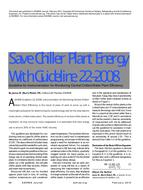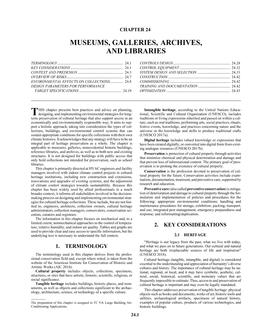In general, buildings are composed of multiple rooms, and the structure of airflow might be regarded as a network. In this study, we develop a model that couples three-dimensional transient pollutant transport in a room into a flow network model, with the aim of calculating the three-dimensional transient concentration transition in a building composed of multiple rooms. In the coupling model, the air transports between each room are calculated using a flow network model. The three-dimensional transient pollutant transports between each element (e.g., contaminant generation point, opening, air outlet, and air inlet) are calculated using a method based on the response factor. Here we present the calculation method as well as examples of the simulation, and report on the results.
Units: SI
Citation: ASHRAE Transactions, vol. 114, pt. 2, Salt Lake City 2008
Product Details
- Published:
- 2008
- Number of Pages:
- 11
- File Size:
- 1 file , 2.7 MB
- Product Code(s):
- D-SL-08-012


